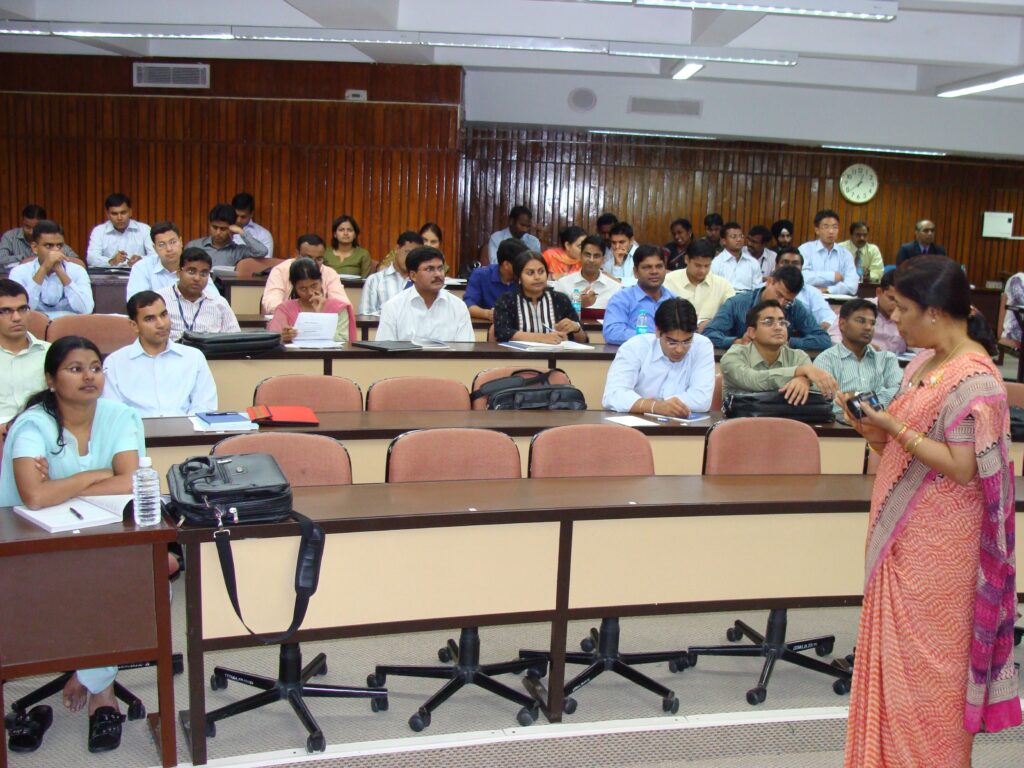The Civil Services Examination, popularly known as the IAS exam, is conducted every year by the Union Public Service Commission (UPSC). The exam is held to recruit suitable candidates for various posts such as the Indian Administrative Service, Indian Foreign Service, Indian Police Service, etc. The UPSC CSE is held in 3 phases, i.e. the preliminary exam, main exam and interview. The preliminary examination is a screening test, whereas the main exam and interview are factors that determine the rank of the candidate on the merit list.
In order to prepare for the Civil Services Examination, aspirants can either opt for self-study or join IAS coaching in Delhi, Bangalore or any other nearby cities that provide good facilities. Candidates should decide this based on their understanding of the syllabus of the exam, level of preparation, financial resources, etc.
Before starting their preparation, candidates should go through the UPSC CSE previous years’ question papers and syllabus to understand the exam pattern. The preliminary exam is of objective type and contains multiple-choice questions. Candidates who pass the preliminary exam are eligible to appear for the main examination. The main exam is of descriptive type and comprises papers on English, optional subject, essay etc. The optional subject, along with GS papers, plays a pivotal role in determining the candidate’s final scores in the examination. Therefore, it is essential that aspirants choose an optional subject that can help them in scoring high marks. Given below are some of the points that candidates should keep in mind while selecting the optional subject for the Civil Services Examination.
Optional Subjects for the UPSC CSE
Candidates can choose any optional subject from the list of subjects provided by the UPSC in its official notification. While opting for an optional subject, they should consider the following points.
1. Time required to cover the syllabus of the optional subject
Some candidates prepare for the prelims and main exam simultaneously, whereas some prepare for the preliminary examination first and select the optional subject only after the prelims. Based on the availability of time, aspirants should select the optional subject. If candidates have only 2-3 months left before the main examination, then they should select an optional subject that is easy to understand and has a concise syllabus. It may not be feasible to cover a vast syllabus in a short period of time.
2. Easy to understand and is interesting
It is important that candidates choose an optional subject that is easy to comprehend. If aspirants are unable to understand the subject, then they may not be able to write well-organised and coherent answers in the exam. Aspirants should select a subject that interests them rather than them going with the current trend.
3. Accessibility to books and study materials
Candidates should ensure that resources like books, study materials and necessary guidance are available for the optional subject that they wish to opt for. If candidates are not familiar with the subject, then they should do enough research about the subject and then opt for it.
4. Availability of test series
It is important to take mock tests before the actual examination. Candidates who aim to do self-study should make sure that good and reliable test series are available for the subject that they decide to choose for the main examination. Writing practice plays an important role in cracking the UPSC CSE.
Aspirants can improve their overall scores by choosing optional subjects that suit them best. The right optional subject should not only interest a candidate but also be easy to understand. Candidates should be able to express their ideas clearly and effectively while writing answers in the main examination.
Candidates can join IAS coaching or study by themselves to prepare for the optional subject.
In order to score well in the UPSC CSE, candidates should go through the syllabus, and previous years’ question papers, take mock tests and revise thoroughly.



